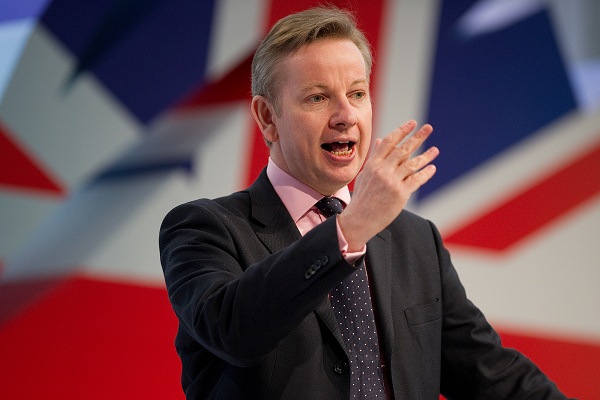I have been waiting more than two years for this government to say or do something really radical. By this I don’t mean taking the Blairite revolution to its logical conclusion (or is it reductio ad absurdum?) by introducing pseudo-markets deeper into every area of the public sector and reforms to the welfare state New Labour certainly considered but never dared to carry out.
But what was genuinely counter-intuitive for the Labour Party is not necessarily so for the Conservatives. For Tony Blair to embrace the private sector, distance himself from the trade unions and challenge the received wisdom of Labour’s state-ism was a genuine break with the past. For David Cameron to do so is merely to embrace tradition.
I remember taking a train to Winchester with David Cameron during his leadership campaign and asking him whether his new cuddly Conservatism would ever be prepared to consider something genuinely unexpected, such as building more council houses or renationalising the railways. He raised a quizzical eyebrow, looked around the carriage and said: ‘this train seems alright to me.’
I’m sure I could have chosen a better example (tighter regulation of the banking system perhaps). But the Cameron revolution was never about embracing good ideas from the progressive side of politics, simply celebrating how far Blair and Brown had embraced the ideas of the right.
Then just as I was about to give up any idea of this government being prepared to work against its instincts to let the markets rip, along came Michael Gove’s extraordinary intervention on GCSEs.
I have taken a while to gather my thoughts on this controversy. I know bloggers are supposed to shoot from the hip but I wanted to mull it over. Among my friends on the left, Michael Gove is possibly the most unpopular figure in the government beyond the Prime Minister himself (though Nick Clegg, George Osborne and Jeremy Hunt are close on their heels). Gove’s leaked decision to replace the GCSE with something akin to the old ‘O’ level was certainly unfortunate, especially as it came just as young people were taking the now officially discredited exam.
But the radical nature of his diagnosis was overlooked in the furore that followed. The Education Secretary had concluded that, in this case, the market in provision created by competing exam boards had contributed to a race to the bottom. What was needed, he suggested, was less competition and more centralised state guarantees of standards. If Labour had tried this, ministers would have been accused of nationalising the exam system. Now, Michael Gove’s analysis may be wrong, but it certainly challenges conventional Conservative thinking. I wonder what conclusions Mr Gove would come to if he were to consider the perverse effects of the fetish of competition in other areas of the state, such as the NHS, the criminal justice system or welfare-to-work provision. Now that could be really radical.
Martin Bright
Is Michael Gove the government’s only true radical?






Comments